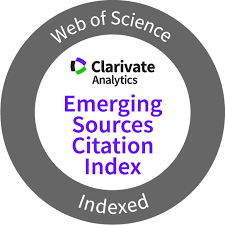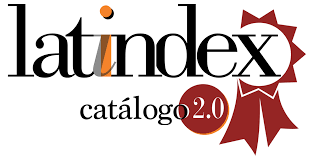Los encuadres sanitarios en prensa. Gripe A y bacteria e.coli. / The Sanitary framing in Spanish press: Swine flu virus and E. coli bacterium
DOI:
https://doi.org/10.5783/revrrpp.v2i4(jul-dic).129Keywords:
encuadres noticiosos, teoría del framing, crisis sanitaria, gripe A, bacteria e.coliAbstract
En la siguiente investigación se analizan los encuadres sobre dos crisis sanitarias, gripe A y bacteria e.coli en prensa, en los diarios de mayor tirada; El País, El Mundo y ABC. En este estudio se reflejá cómo se produce un enfoque muy distinto de ambas crisis y la influencia en estos encuadres e importancia de las fuentes institucionales como principales portadoras de información frente a las fuentes sanitarias o científicas, con escasa relevancia para la prensa española.
Abstract
The following analysis is focused on the approach made by newspapers such as El País, El Mundo and ABC about the sanitary crisis of A Flu and E.coli bacteria. The methodology used is the analysis of content of a wide range of news samples generated during both crisis. As a result of this analysis it is made clear that both crises have been approached by Spanish press in different ways, giving more importance to government and official sources in opposition to the lack of relevance given to scientific or sanitary ones.
Downloads
Downloads
Additional Files
Published
How to Cite
Issue
Section
License
Authors publishing in this journal agree to the following terms:
a. Authors retain copyright and grant the journal the right to be the first publication of the work as licensed under a Creative Commons Attribution License that allows others to share the work with an acknowledgement of authorship of the work and initial publication in this journal.
b. Authors may separately enter into additional arrangements for non-exclusive distribution of the version of the work published in the journal (e.g., placing it in an institutional repository or publishing it in a book), with an acknowledgement of initial publication in this journal.
c. Authors are allowed and encouraged to disseminate their work electronically (e.g. in institutional repositories or on their own website) before and during the submission process, as it can lead to productive exchanges, as well as earlier and higher citation of published work (see The Effect of Open Access).




